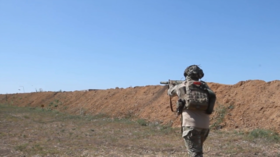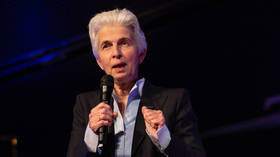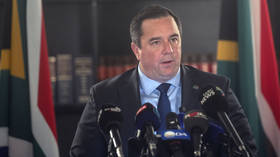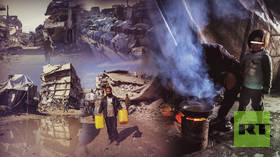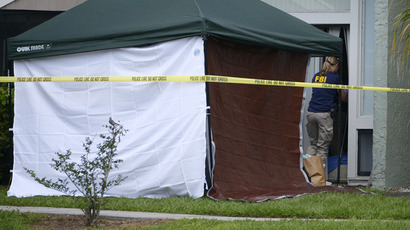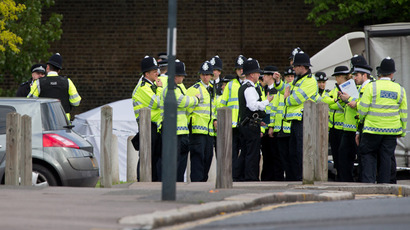FSB and FBI urge ‘active and aggressive’ action in tackling terror threats online
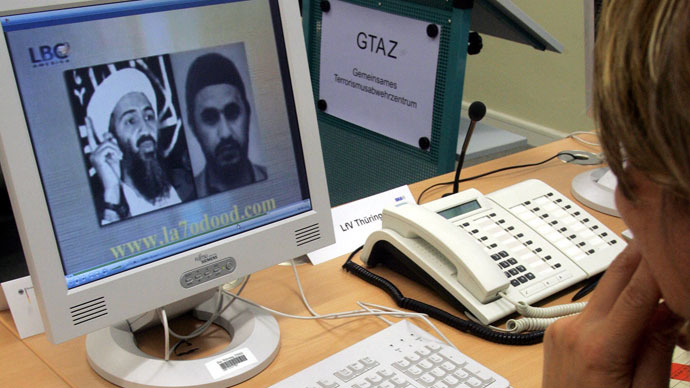
The FSB and FBI have called upon world security top brass to join efforts in tackling terrorist threats on the internet and the spread of home-grown terror, during an international meeting in Russia’s Kazan.
96 delegations from 63 states and three international
organizations have been invited to the capital of Russia’s
Republic of Tatarstan by the Russian Federal Security Service
(FSB).
The task of the two-day meeting is to exchange opinions on the
international situation in the context of the growing terrorist
threat as well as coordinate positions on key areas of
counteraction to security challenges.
FSB director, Aleksandr Bortnikov, has urged the foreign partners
to join forces to prevent the promotion of terrorist ideas
through the internet.
“The terrorists are widely using the potential of the
worldwide web for propaganda of terrorist ideology, attracting
new adepts, especially, among younger people, radicalization of
their followers, their training and incitement to undertake
terrorist attacks,” he said.
The FSB head stressed that the security agencies must act
“more actively and aggressively”, switching from just
blocking the radical websites to a large-scale awareness-building
effort aimed at the disclosure of the flawed terrorist ideology
and the true aims of its instigators and sponsors before the
internet audience.
Only the combined effort from the intelligence services from all
around the globe in cyberspace will be able to “make a
significant contribution to the security of the global
information society,” Bortnikov added.
FBI’s assistant director, Andrew McCabe, shared the Russian
side’s concern over the spread of terrorism in cyberspace.
He acknowledged that the internet is being used as “a channel
of communication between terrorist organizations.”
"This aspect can be effectively overcome only by uniting the
efforts of all countries,” McCabe stressed.
The intelligence services of different countries have also been
actively sharing information on a number of specific issues in
Kazan, FBI’s representative said, including the investigation of
the Boston Marathon bombings.
The Tsarnaev brothers, who masterminded the April 15 attack, are
believed to have self-radicalized by visiting radical Islamist
sites on the web.
McCabe refused to comment on how the investigation is developing,
only saying that the "process goes on”.
The president of the Federal Criminal Police Office of Germany,
Jorg Ziercke, believes that preventing the emergence of “lone,
home-grown terrorists” has now become as important as dealing
with international terrorist organizations.
Identifying those people and preventing them from attempting a
terrorist attack has been one of the main topics of the meetings,
he said.
"To a large extent, the process of radicalization of young people
is a matter of chance,” Ziercke explained. “Religious and
political motives recede into the background, with personal
reasons taking central stage.”
Germany is launching a program in order to provide assistance to
such people and help them get a job as well as restore their
social contacts, he said.
Ziercke added that German security forces are going to provide
assistance to their Russian colleagues during the Kazan 2013
Universiade and Sochi 2014 Olympics.





